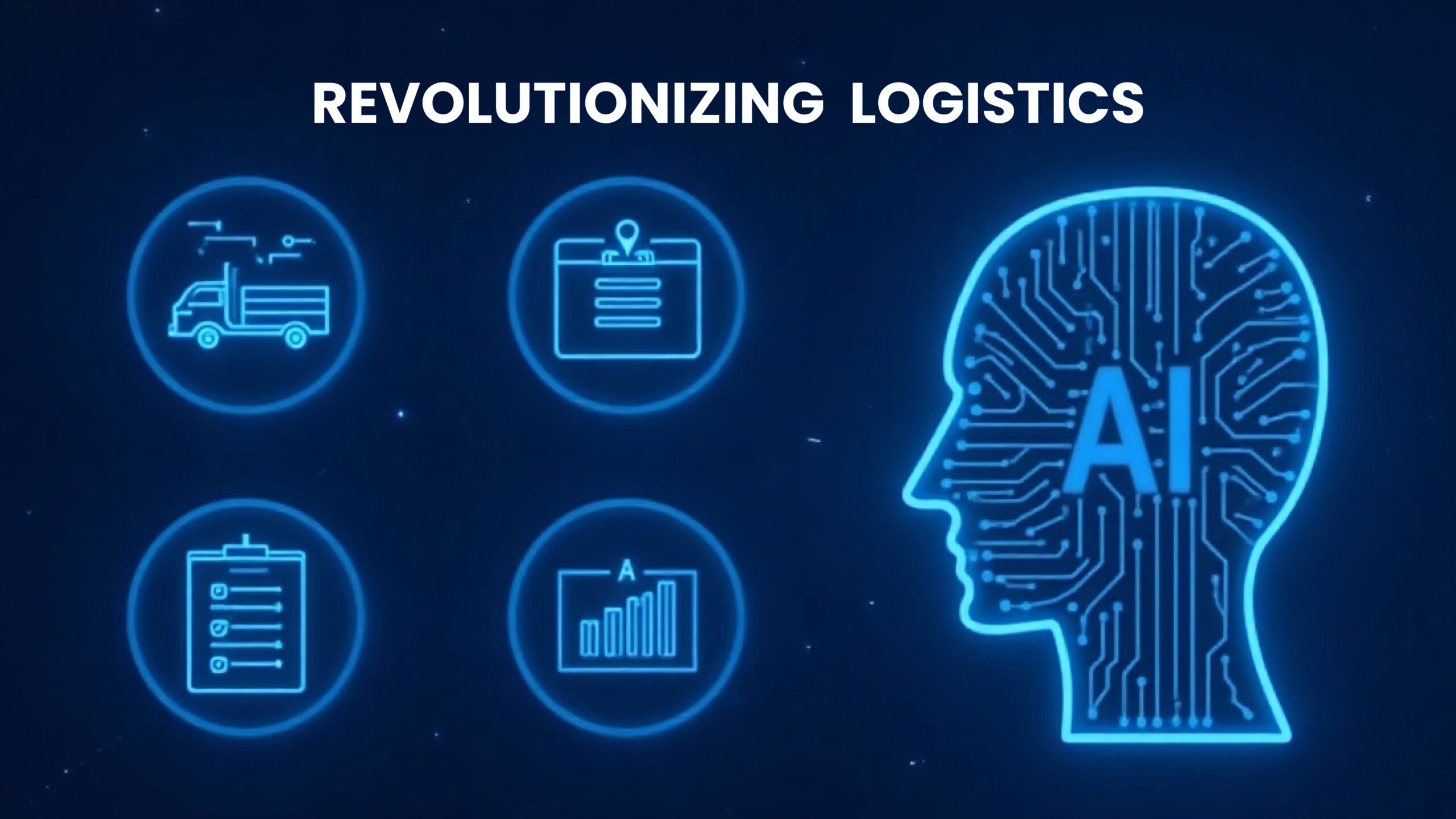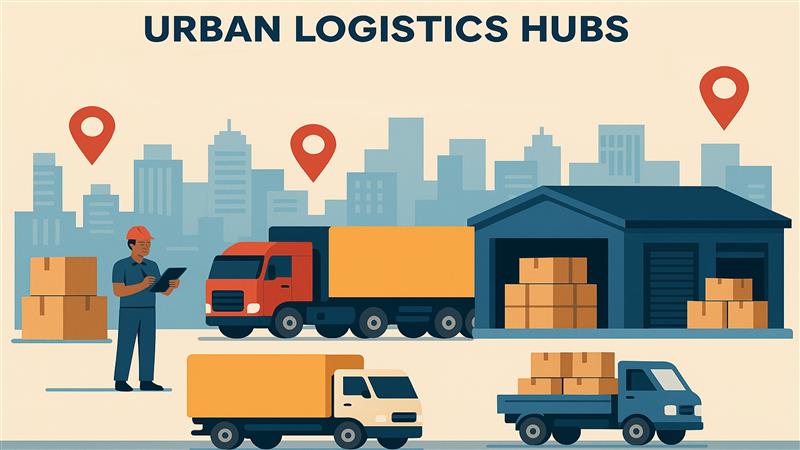India is a prominent hub for Global Capability Centers (GCCs), particularly in the dynamic life sciences and healthcare (LSHC) sector. This growth, fueled by supportive government policies, technological advancements, and a deep talent pool, offers significant opportunities for global healthcare and pharmaceutical companies. As GCCs transition from being merely cost centers to becoming strategic drivers of innovation, the emphasis on talent development and continuous upskilling is becoming increasingly critical for success.
India hosts over 50% of the world’s GCCs across various sectors, and the overall market is projected to exceed $100 billion by 2030. The LSHC sector alone had over 95 GCCs and more than 280,000 professionals in India as of 2023. This talent pool is expected to grow substantially to around 420,000 employees by 2030 across more than 160 GCCs. Major cities like Bengaluru, Hyderabad, Mumbai, and Delhi-NCR are home to the majority of this talent. States such as Telangana and Karnataka have actively cultivated ecosystems to attract and support this expansion. This article dives into the ecosystem present in India that supports the development and upskilling of the talent that has fuelled this growth.
The Escalating Demand for Specialized Skills
The evolution of LSHC GCCs into sophisticated innovation centers directly increases the need for specialized skills beyond traditional capabilities. Maintaining India’s status as a top destination requires a workforce proficient in existing critical functions and adept at emerging technologies.
There are various specialized skills that are particularly sought after in these areas:
- Regulatory Affairs & Compliance: Professionals are needed to understand and navigate the intricate guidelines of global bodies like the US FDA, EMA, and India’s CDSCO for drug approvals. Compliance with healthcare-specific regulations such as HIPAA and GDPR is also essential for Healthcare IT solutions.
- Clinical Research & Data Management: Expertise is necessary for conducting clinical trials, analyzing real-world evidence, and managing vast healthcare datasets. This includes data management, patient recruitment, regulatory compliance, biostatistics, programming, and clinical data science. About 40% of the LSHC GCC workforce is already involved in clinical research. India has its own regulatory framework for clinical research, overseen by authorities like the CDSCO.
- Digital Health & AI/ML Applications: The industry is increasingly using AI and ML for innovation in drug discovery, diagnostics, and patient care. This creates a significant demand for talent skilled in AI-driven diagnostics, remote monitoring, digital therapeutics, AI-powered chatbots, intelligent automation, and leveraging big data and analytics. India’s talent pool in AI and big data analytics is projected to reach around 633,000 professionals by 2025. GCCs are leveraging AI to pave the way for a patient-centric healthcare system.
- Pharmacovigilance & Medical Writing: Skills related to monitoring adverse drug events for safety and preparing scientific and regulatory documentation are crucial.
- Healthcare Supply Chain & Operations: Professionals capable of overseeing procurement, logistics, and using predictive analytics to improve supply chain efficiency in the pharmaceutical industry are in demand
Addressing the Skill Gap Through Talent Development and Upskilling
Despite a large talent pool, the Indian pharmaceutical industry faces a notable skill gap, particularly in areas like quality control, resulting in lower employability for graduates. New graduates may lack practical expertise, while experienced professionals might struggle to adapt to rapid digitization and automation. This gap, especially critical in a precision-focused industry, can pose public health risks and lead to underutilized technology if not addressed adequately.
Bridging this gap necessitates a comprehensive strategy focused on developing and upskilling the workforce. Key approaches include:
- A Three-Tiered Approach: This involves preparing new graduates, upskilling existing professionals, and fostering a cross-skilled, agile workforce.
- Preparing New Graduates: Ensuring new hires have practical, hands-on expertise in addition to theoretical knowledge.
- Upskilling Existing Professionals: Providing training to enable experienced staff to adapt to new technologies and digitized processes.
- Fostering a Cross-Skilled, Agile Workforce: Moving away from traditional silos to build a more versatile workforce. For example, training manufacturing microbiologists for QC roles or training production teams in rapid microbiology techniques enhances operational efficiency and ensures long-term sustainability in talent development.
- Industry-Academia Collaboration: Partnerships between industry leaders and educational institutions are vital for bridging the talent gap. Initiatives include aligning educational curricula with industry needs, joint research, and student-faculty exchanges. Some multinational healthcare firms have set up dedicated training centers within universities to improve R&D and regulatory skills. For example, Pfizer has collaborated with universities on workforce upskilling for clinical research and regulatory affairs. Institutions like the Vellore Institute of Technology (VIT) and Tamil Nadu Dr MGR Medical University are collaborating on AI-driven healthcare research. The National Institutes of Pharmaceutical Education and Research (NIPERs) are also relevant educational institutions.
- Continuous Learning and Training Investment: Investing in ongoing training, especially in emerging technologies like AI and machine learning, is crucial for enhancing innovation and operational efficiency. Companies like AstraZeneca are improving employee’s digital capabilities through generative AI programs focused on data science and ML. Biocon provides hands-on training in biopharmaceutical manufacturing and quality control. Government bodies like BIRAC also support R&D skill enhancement through training.

Leveraging Government Support for Talent Development and GCCs
The Indian government actively supports the growth of GCCs and talent development through various initiatives. Leveraging these programs can provide significant advantages for healthcare and pharmaceutical companies establishing or expanding their presence:
- Skill Development Programs: The Skill India Mission and the National Skill Development Corporation (NSDC) offer specialized courses in areas like clinical research, medical coding, and pharmaceutical manufacturing to boost employability in the LSHC sector. The Life Sciences Sector Skill Development Council, established under NSDC, specifically targets empowering skilled professionals in the life sciences sector. The Logistics Sector Skill Council (LSSC), also under NSDC, provides training for logistics-specific roles relevant for healthcare supply chain operations. The Union Budget has also included centrally sponsored skilling schemes aimed at training youth.
- Innovation and R&D Funding: The government is setting up a new Fund of Funds with a significant corpus to invest in private equity and venture capital funds to boost the startup ecosystem. A separate Deep-Tech Fund of Funds is being explored to catalyze next-generation startups working on advanced technologies, which is highly relevant for AI, biotechnology, and other cutting-edge healthcare innovation taking place in GCCs. Funding allocated for private-sector-driven research, development, and innovation also supports this.
- Industry Promotion and Infrastructure: Initiatives like the “Make in India” encourage foreign investment in pharmaceutical manufacturing and R&D. The National Health Policy aims to boost healthcare solutions, focusing on local innovation. The IndiaAI Mission strengthens the country’s AI ecosystem with substantial funding, directly supporting GCCs in adopting AI for drug development and clinical trials. The Ayushman Bharat Digital Mission connects a large population to digital healthcare services, creating a need for skilled digital health professionals within GCCs. Special Economic Zones (SEZs) and Biotechnology Parks provide critical infrastructure and tax incentives, facilitating the growth of life sciences GCCs and aligning with India’s vision for pharmaceutical R&D leadership.
- State-Level Incentives: States like Karnataka and Telangana are key locations for life sciences GCCs, creating strong ecosystems. Karnataka’s GCC Policy 2024-29 offers targeted financial incentives like rent coverage, tax breaks, and reimbursements to attract and expand GCCs, aiming to double the number of GCCs by 2029. Bengaluru, in particular, is favored for its talent pool in AI, data analytics, and bioinformatics. The Uttar Pradesh Global Capability Centres Policy also provides incentives, including operational and payroll subsidies for employees, and support for recruitment and skill development programs. Madhya Pradesh has a Startup Policy offering financial assistance, infrastructure support, and capacity-building initiatives, including higher capital subsidies, special incentives for tech and manufacturing, and support for incubation centers and marketing.
- Regulatory Reforms: The government is implementing reforms, such as establishing a High-Level Committee for Regulatory Reforms and proposing bills like Jan Vishwas Bill 2.0, to review and ease non-financial sector regulations and compliance burdens for startups and technology companies. Initiatives like the National Single Window System (NSWS) aim to streamline various approvals, potentially easing the operational aspects for GCCs and allowing focus on core activities.
Strategic Considerations for Success
For healthcare and pharmaceutical companies leveraging India’s potential, strategically addressing talent development and upskilling is crucial, encompassing recruitment and internal capability building.
- Prioritize Continuous Learning: Ongoing investment in training, particularly in digital and specialized healthcare domains, is essential to maintain a future-ready workforce.
- Active Collaboration: Engaging with educational institutions and participating in apprenticeship programs helps secure a steady stream of skilled professionals aligned with industry needs.
- Utilizing Government Support: Leveraging available government incentives and programs related to skill development, R&D, and infrastructure can significantly support GCC establishment and talent enhancement.
India’s role as a GCC powerhouse in the healthcare and life sciences sector is clear, driven by its talent pool and increasing adoption of advanced technologies like AI and ML. Sustaining this leadership requires a dedicated focus on closing the skill gap and fostering specialized talent development. By proactively focusing on these talent development and upskilling strategies, supported by the enabling government ecosystem, companies can ensure their India GCCs are not just support functions but active drivers of global healthcare innovation.
For healthcare companies aiming to navigate the complexities of establishing or expanding their GCC presence in India and ensure they have the right talent with the necessary skills, expert guidance is crucial. Astravise Services specializes in assisting businesses with their growth challenges, including the strategic setup and operation of GCCs.
We offer an integrated “GCC as a service” approach, providing support in various key areas:
- Strategic establishment and management of GCCs
- Talent acquisition for the GCCs
- Optimizing upskilling strategies with our expert knowledge on govt
- initiatives & academic relationships
- Determining the right type of GCC setup tailored to company objectives (drawing from conversation history).
- Providing access to a network of expertise for operational support in areas such as accounting, reporting, taxation, compliance, and due diligence.
By partnering with Astravise Services, healthcare companies can confidently establish future-ready GCCs in India, effectively leveraging the country’s advantages in talent, cost-efficiency, and technology to drive innovation and operational excellence.










